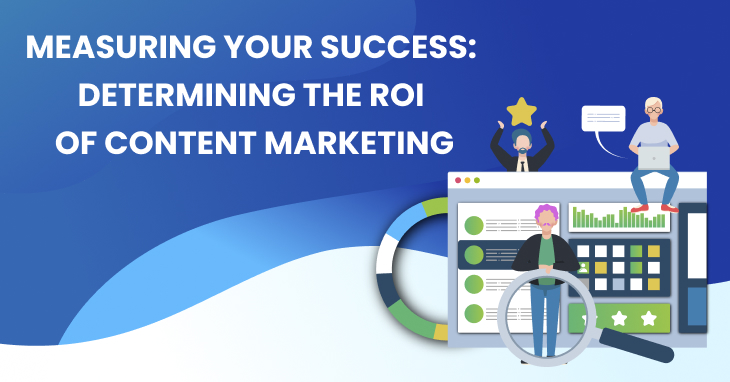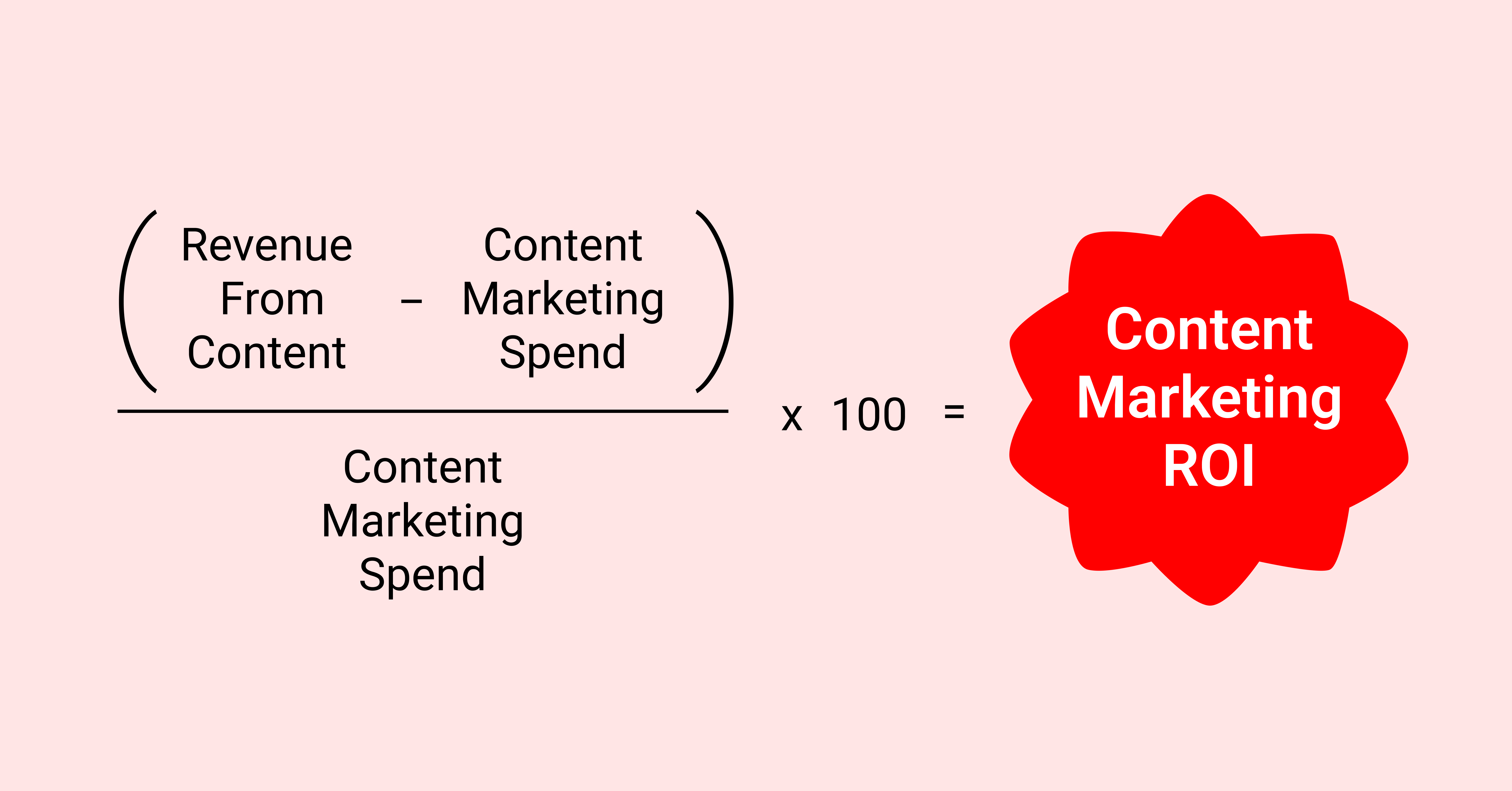I hope you enjoy reading this blog post.
If you want to get more traffic, Contact Us

Click Here - Free 30-Minute Strategy Session
Be quick! FREE spots are almost gone for this Month. Free Quote

Marketing has evolved significantly, leaving behind the outdated “spray and pray” approach. Nowadays, campaigns are meticulously targeted, planned, and tracked to ensure effectiveness. However, despite these advancements, many marketers still struggle with measuring the true impact of their efforts.
In a recent CMO Survey, it was astonishing to discover that 65% of marketers are unable to quantitatively demonstrate the effects of their marketing activities. This lack of confidence in measuring marketing ROI highlights the need for improvement in this crucial area.

Click Here – Free 30-Minute Strategy Session
Be quick! FREE spots are almost gone for this Month
Recognizing the importance of accurate measurement, 44% of marketers have identified content measurement as a top priority for 2020, according to CMI. However, it’s worth noting that measuring the return on investment (ROI) of content marketing can be more challenging in some aspects compared to others.
When it comes to content marketing, accurately measuring ROI is essential for demonstrating the value and impact of your campaigns. In the following sections, we will explore effective strategies, tools, and techniques to help you measure the success of your content marketing initiatives.
Let’s dive into the world of content marketing measurement and unlock the true potential of your content marketing strategies.

Content marketing ROI can be understood as a percentage of revenue that you have gained from content marketing when compared to what you have spent.
Calculating Content Marketing ROI is a crucial step in understanding the impact and effectiveness of your content marketing efforts. By quantifying the return on investment, you can gain valuable insights into the value your content brings to your business.
ROI = (Net Profit from Content Marketing – Cost of Content Marketing) / Cost of Content Marketing x 100

To use this formula, you will need to calculate the net profit from your content marketing efforts and subtract it from the total cost of your content marketing. Then, divide this result by the total cost of your content marketing and multiply the quotient by 100 to get the ROI percentage.
Measuring the impact of content marketing can be challenging, especially in the complex world of B2B marketing. While it’s easy to track conversions from a blog post to online sales, the customer journey is often non-linear and involves multiple touchpoints.
According to Traffic Radius, 95% of tech purchases are made by buying committees, and nearly half of the buyers (49%) rely solely on available content rather than interacting with vendor representatives. This emphasizes the importance of utilizing various stats and implementing an advanced attribution model to accurately measure the business performance of your content.
Remember, measuring content marketing requires a combination of relevant metrics, customer feedback, and ongoing optimization to achieve your content marketing goals.
Learn More: Ultimate Guide to SEO Content Creation!

To ensure effective measurement of content marketing success, it’s essential to establish your scoring system for the key performance indicators (KPIs) that align with your goals. Surprisingly, only 65% of marketers have defined the specific content marketing KPIs they will reference to evaluate success.
Here are some valuable content marketing ideas and tips to help you create a robust scoring system and select the most relevant content marketing KPIs for your business:
By establishing a customized scoring system and selecting the right content marketing KPIs, you can effectively measure the success of your efforts and make informed decisions to drive your content marketing strategy forward.
Every marketing group may establish slightly different systems, but there are commonalities when it comes to measuring content marketing success. For instance, if your primary focus is on sales data and revenue, it’s crucial to track the entire customer journey leading to a purchase.
When aiming to gauge brand awareness, social media engagement metrics become important indicators to monitor. On the other hand, if your goal is to demonstrate content marketing ROI to your boss or client, assigning dollar values to micro-conversions throughout the funnel becomes necessary.
To illustrate, let’s say your average customer lifetime value is $1000, and typically, 2% of your email newsletter subscribers convert into customers. In this case, based on various factors, you could assign a value of $20 to a newsletter opt-in conversion.
To streamline your content marketing measurement process and ensure comprehensive evaluation, consider the following content marketing checklists and goals:
Learn More: Effective Social Media Marketing for Your Business
Choosing the right metrics for measuring content marketing can be challenging, especially when faced with an overwhelming amount of data. To ensure effectiveness, focus on metrics that align with your key goals and provide actionable insights. While tracking conversions is important, priority actionable metrics that enable you to optimize your activities over time.
How to measure content marketing?
Avoid relying solely on vanity metrics like web traffic, as they only hold value when combined with other relevant metrics such as traffic source, behaviour flow, or time spent on content.
For a deeper understanding of engagement, consider metrics like scroll depth, which indicates how much attention visitors are paying to your content.
One often neglected metric is authority, which reflects how your target audience perceives your brand. While it can be challenging to track, indicators such as inbound links, social media mentions, and earned media coverage provide insights into the growth of your authority, digital footprint, and brand awareness.
By focusing on relevant metrics and regularly measuring your content marketing performance, you can refine your content marketing samples, optimize your content marketing funnels, and achieve your content marketing goals more effectively.
Learn More: What is the “Funnel” in Digital Marketing?

It’s important to keep in mind that success in content marketing is subjective and relative. To assess your performance accurately, establish benchmarks to track changes over time in key metrics such as subscribers, sales, and social mentions. This allows you to measure progress and determine if you’re experiencing improvements or sustaining losses in your content marketing efforts.
By setting benchmarks, you gain valuable insights into the effectiveness of your content marketing strategies and can make data-driven decisions to drive better results.
While tracking every aspect of content marketing can be challenging, it’s important to measure the elements that provide insights into your progress and growth. While certain efforts may not be fully trackable, focusing on measurable aspects can still reveal the impact you’re making.
Although proxy metrics may lack precision in measurement, they can serve as valuable indicators that you’re heading in the right direction. While they may not provide exact measurements, they act as “smoking gun” indicators that validate your content marketing strategy’s effectiveness.
In summary, while not all content marketing efforts can be fully tracked, it’s crucial to measure the aspects that showcase your progress and impact. While proxy metrics may not offer precise measurements, they serve as valuable indicators of success, helping you stay on the right track in your content marketing endeavours.
Measuring content marketing success is undoubtedly a challenge, but it is within your reach when you employ effective strategies. By adopting the right tactics, you can enhance your ability to assess the impact of your content marketing efforts.
Start by setting your own Key Performance Indicators (KPIs) tailored to your goals. Choose metrics selectively, focusing on those that truly reflect progress. Establish benchmarks to measure your advancements over time.
Experiment with qualitative elements to gain deeper insights. And don’t forget to incorporate a mix of proxy metrics to track progress, especially when it comes to non-owned media.
In the ever-evolving landscape of content marketing, these strategies will empower you to gauge your success more accurately and make informed decisions. So, embrace the challenge, implement these tactics, and unlock the true potential of your content marketing efforts.
Ready to take your content marketing measurement to the next level? Start implementing these strategies today and discover the true impact of your content marketing. Measure, optimise, and thrive! Get in touch with Traffic Radius for more!
Learn More: Building a Content Marketing Strategy

LEAVE A REPLY